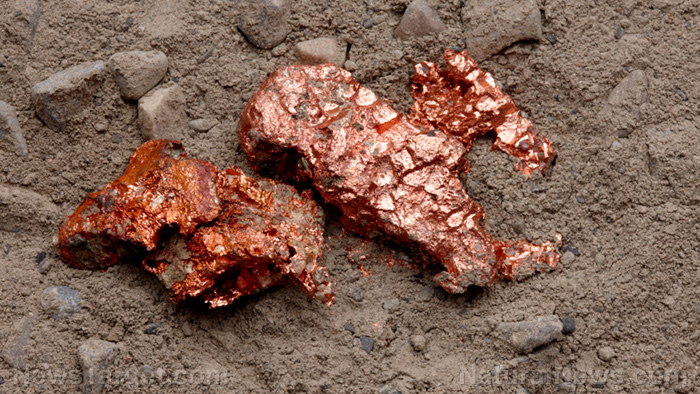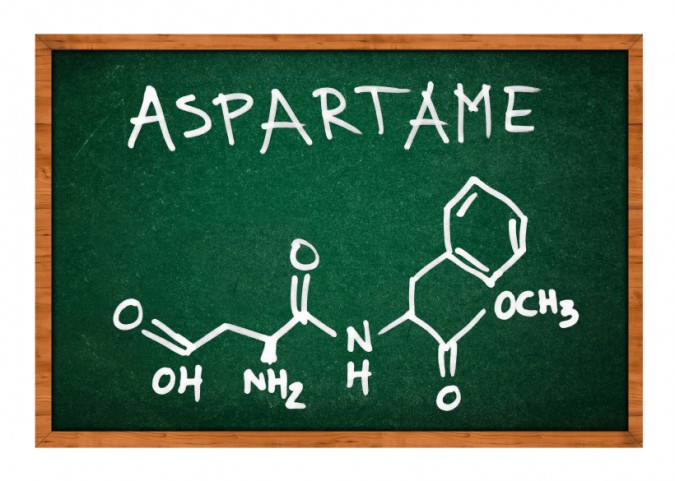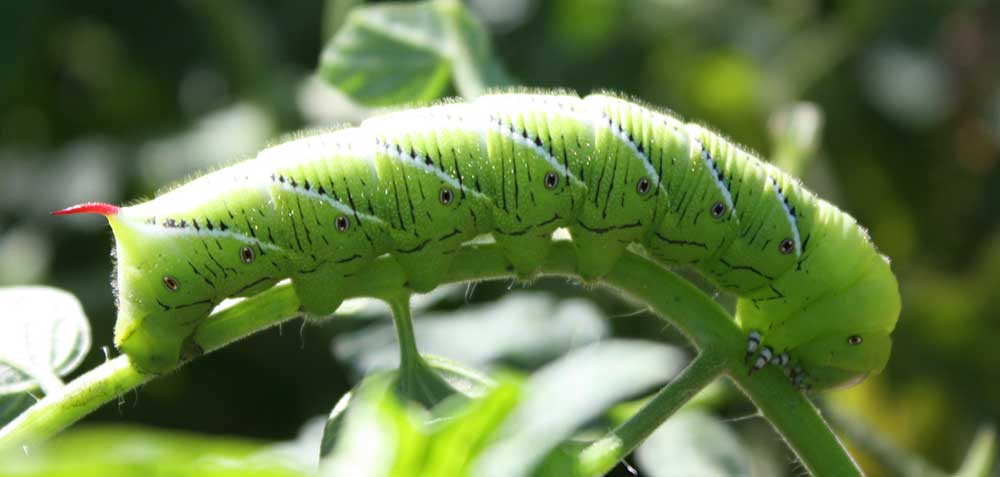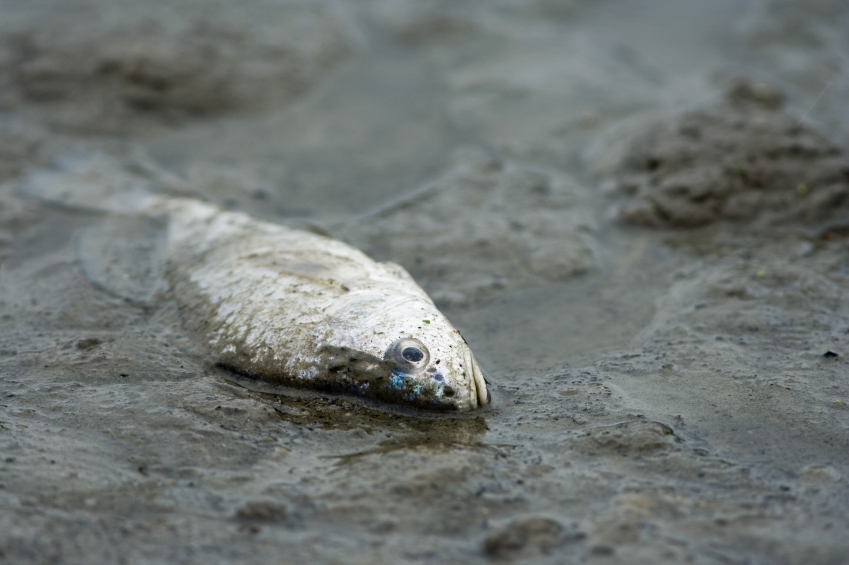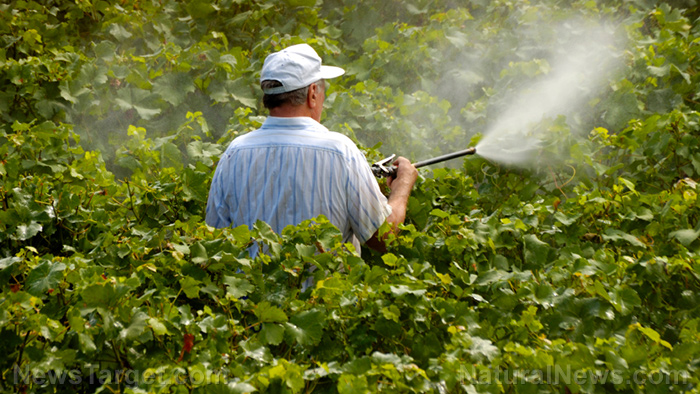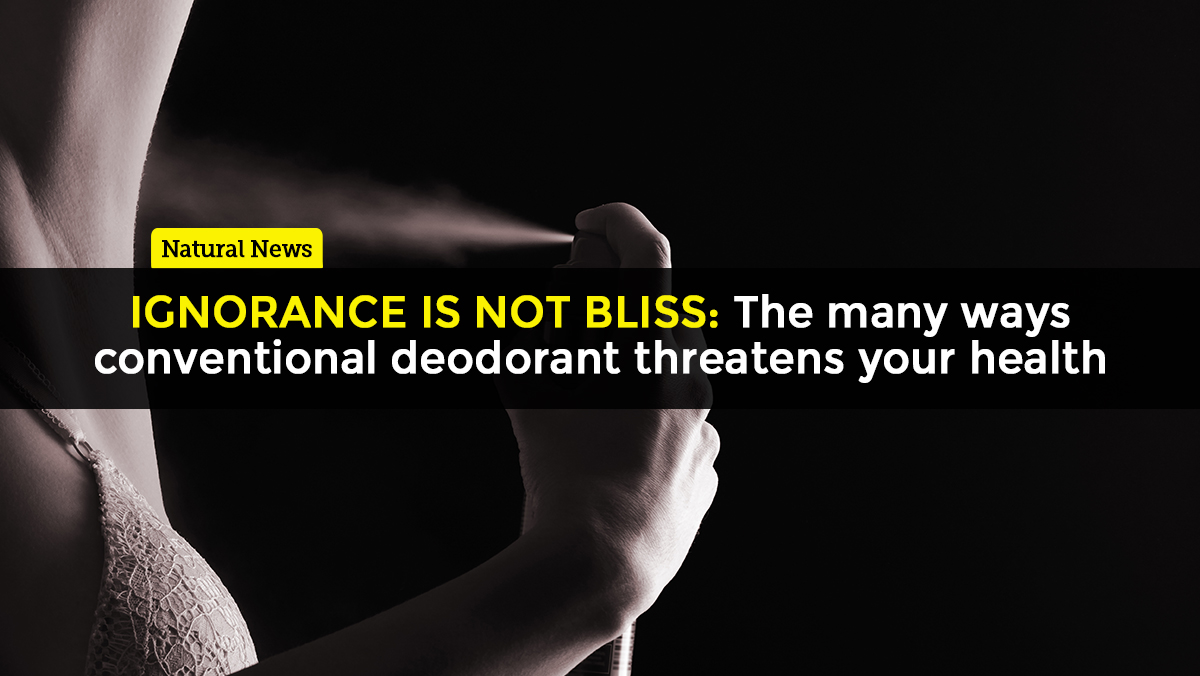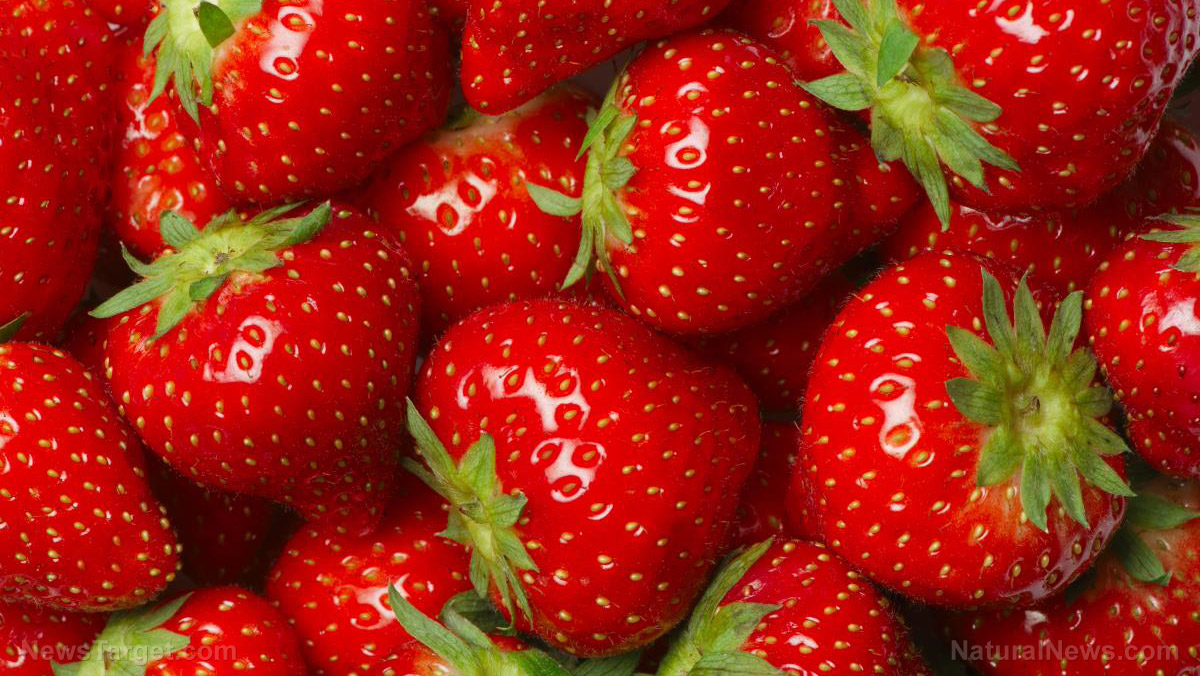Many botanical extracts show promise as natural, alternative insecticides
11/24/2018 / By Edsel Cook
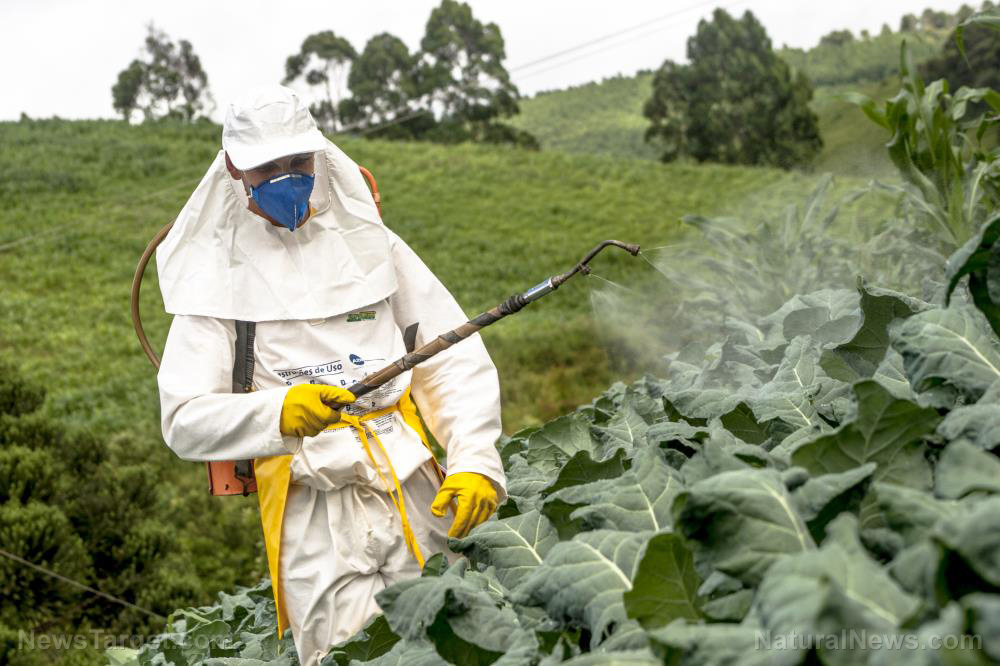
Horn flies and stable flies are growing more resistant to commonly-used chemical pesticides. A government-supported study evaluated plant-based insecticides and insect repellents as alternative means of controlling the populations of these biting flies.
Biting flies feed on the blood of cattle and other livestock. Not only do their painful bites and swarming numbers disrupt the health of the animals, but the insects can also spread contagious diseases. Synthetic insecticides are usually employed to reduce and control their numbers. However, the flies are growing more resistant to bug-killing chemicals like organophosphates and pyrethroids. Furthermore, these pesticides cause a lot of harm to the environment and pose a risk to both cattle and its human consumers. This prompted the Agricultural Research Service (ARS) of the U.S. Department of Agriculture to look for alternatives means of pest control. The study turned to plant-based products like pyrethrum and neem that are being used as natural pesticides.
Plants generate bioactive compounds to repel or kill pests. These extracts and essential oils have more than one mode of acting against bugs, making it much harder for the insects to develop resistance. Plant-based compounds also break down much easier and quicker than synthetic chemicals. This makes them safer than synthetic pesticides. (Related: Pomelos found to be a great natural insecticide.)
Extracts from these plants can repel or eliminate horn flies and stable flies
The ARS study compiled a list of plants with bioactive compounds that affect biting flies. They can be divided into extracts and essential oils.
The leaves of the neem tree contain azadirachtin, which is lethal to insects that eat them. The leaves can be used as they are, turned into extracts, or processed into cakes and oils. Chrysanthemum flowers contain pyrethrum, one of the most common botanical insecticides. Farmers can combine it with kerosene and spray the formula on cows. Lemongrass can be turned into an ethanol-based insect repellent that keeps the flies away. It also contains citronella, which is as effective as DEET insecticide. Certain tropical legumes contain rotenone. When added to animal feed, it kills any horn fly larvae in the dung while not causing any harm to the cow. Tall fescue and molasses grass are common pasture grasses. They can be safely consumed by cows and turn the droppings into death traps for the flies. Nicotine and castor bean extracts are more risky options given their greater toxicity. The extract of the lilac chastetree, on the other hand, is intended to be sprayed onto the animal.
Essential oils for protecting your livestock from biting flies
The seeds of the andiroba contain an essential oil that is used in traditional medicine. It can be turned into a spray to keep horn flies away from animals. Other plants with similar effects include the camphor tree, chamomile, onion, and peppermint.
Lemongrass is not just limited to providing extracts. It also has citronella oil, which repels flies and is toxic to any insect that comes into contact with it.
Essential oils from eucalyptus trees turn into vapors that kill horn flies and drive survivors away. They can be applied to the skin of animals as a spray or lotion. Other sources of these essential oils include catnip, clove, geraniums, Japanese pepper, patchouli, roses, and the tea tree.
The ARS study also considered other natural products that could serve as bug repellent and insect killers. Many fatty acids from various plant-based oils demonstrate insecticidal activity.
Soybean protects itself from pests by producing trypsin inhibitors. Pasture grasses, on the other hand, cultivate symbiotic fungi that produce the bioactive compounds.
Stay alert about the contamination of your food at StopEatingPoison.com.
Sources include:
Tagged Under: Botanical extracts, flies, green living, livestock health, natural insect repellents, natural insecticides, natural products, pest control, pests, phytochemicals, research

